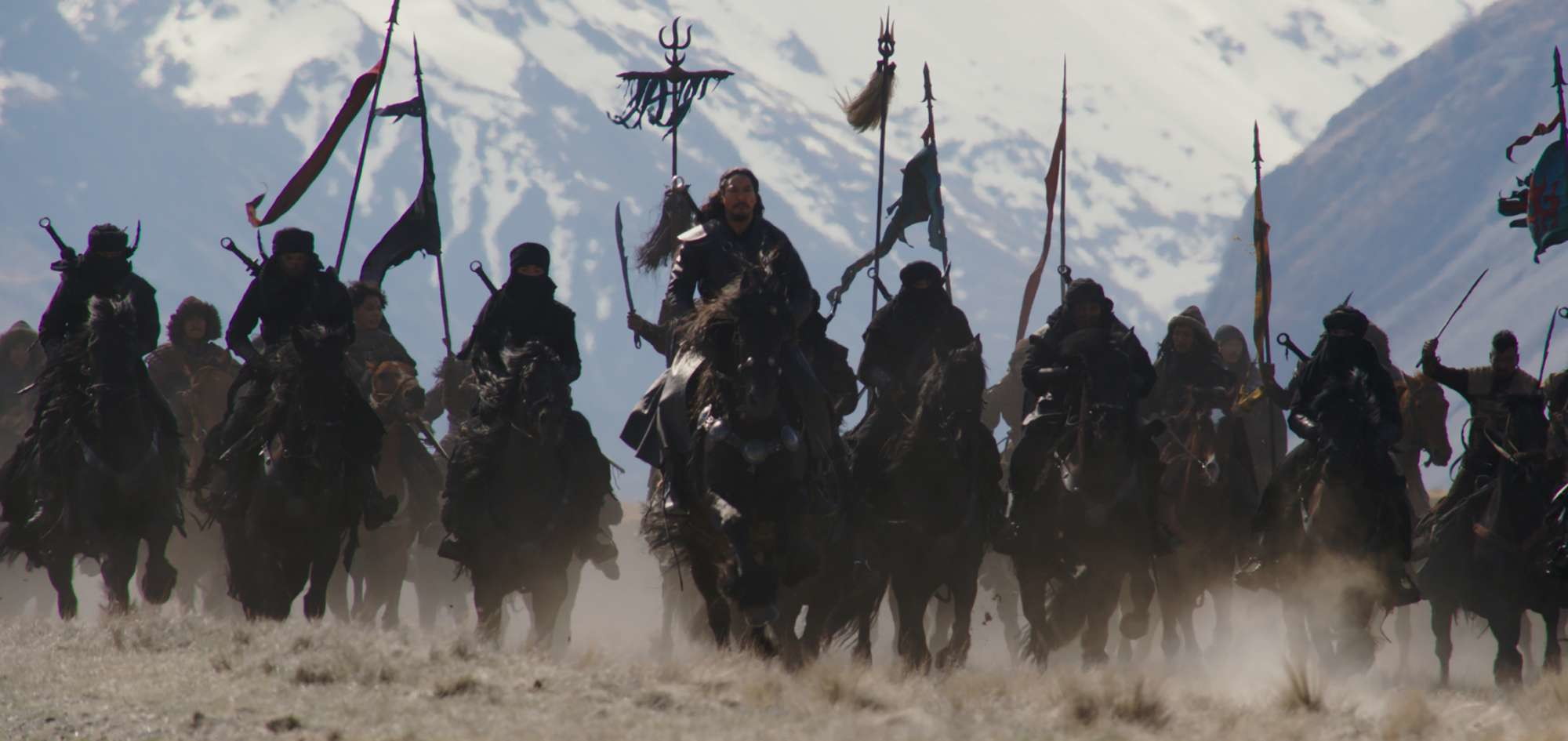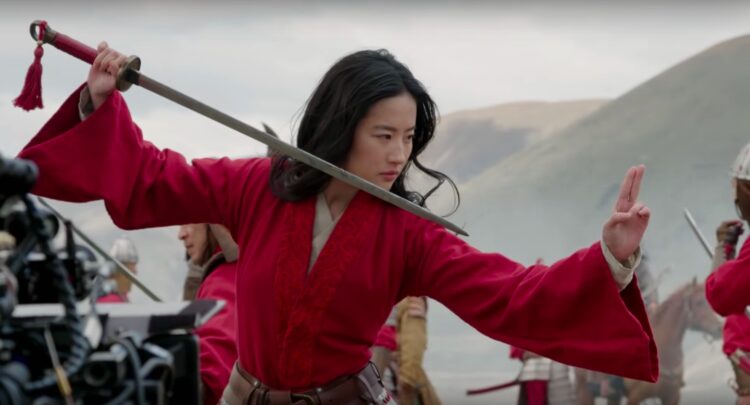Casting for a big production is never easy. There is a huge amount of work that goes into getting the right actors down for the part and it is an arduous, heavy responsibility especially if you are working on an adaptation of a beloved folk figure. Mulan’s influence is unquestionably widespread with the devoted diaspora of fans having different interpretations of the character according to different regions. There’s the group which grew up on the 1998 animated feature, the folk-tale enthusiasts, and also devotees of the modern Chinese adaptations.
Producer Jason Reed recently sat down with Collider among the lush peaks of New Zealand to reveal some details about the casting process of Mulan and the integral components in getting the voices of the performers right. When asked about the decision to audition Mandarin speakers exclusively, and how that could have potentially sidelined Asian-Americans who were interested in such a role, Reed replied:
When we sent out an initial casting call we were targeting Mandarin or Cantonese speakers. And that was more about making sure we did our due diligence to go deep enough into that community and have that authentic voice, no pun intended, in that place. But we did open up the search for, there were a lot of people we that looked at who did not have those language skills. And there are a number of people in the movie now for the — that was really for Mulan. And then everybody else we had a much wider – we didn’t have that same language preference for everybody. So we have a lot of actors from — our team, we have a lot of Americans, Australians, but all ethnically Chinese.
In a latter portion of the interview, the producer also elaborated on the challenges of getting the voices right along with the diversity of where these accents originated from.
It has been an incredibly complicated process. Our actors have hinted to an amazing amount of work and training. We have two of the best dialect coaches in the world who we have brought in. They’ve been here since May [2018]. We have actors with Cantonese accents, with Boston accents, with Australian accents, New Zealand accents, Mainland American accents. So, we have to take all of that and we wanted to create sort of a cohesive world that felt real and so what we have created so sort of a Chinese-influenced American dialect that we’re working with everybody to try to aim towards.
So our American actors are having to learn how to bring a sort of a Mandarin accent to it, and our Cantonese actors are having to learn how to bring a Mandarin accent to it. And our Mandarin speakers are learning how to bring sort of an American energy to their performance so it has been complicated and to be honest, I had no idea how complicated language was until I sat in a couple of these sessions… with flashcards, they do all kinds of exercises, and I was like I can’t speak English well enough to do any of this.
 It seems like the cast and crew of Mulan were really invested in finding a middle ground for all of this to work. A great amount of toil goes into the casting process, as the right actors can definitely elevate a film to greater heights. For a film like Mulan, having a certain sense of cultural accuracy is pretty darn important if you want to please a particular crowd. You can’t just turn a blind eye to the legacy and legend of the folk character, or the pitchforks will start coming!
It seems like the cast and crew of Mulan were really invested in finding a middle ground for all of this to work. A great amount of toil goes into the casting process, as the right actors can definitely elevate a film to greater heights. For a film like Mulan, having a certain sense of cultural accuracy is pretty darn important if you want to please a particular crowd. You can’t just turn a blind eye to the legacy and legend of the folk character, or the pitchforks will start coming!
Let’s hope that Disney’s live-action adaptation will bring honour to Hua Mulan when it hits Malaysian theatres this 26th of March.


